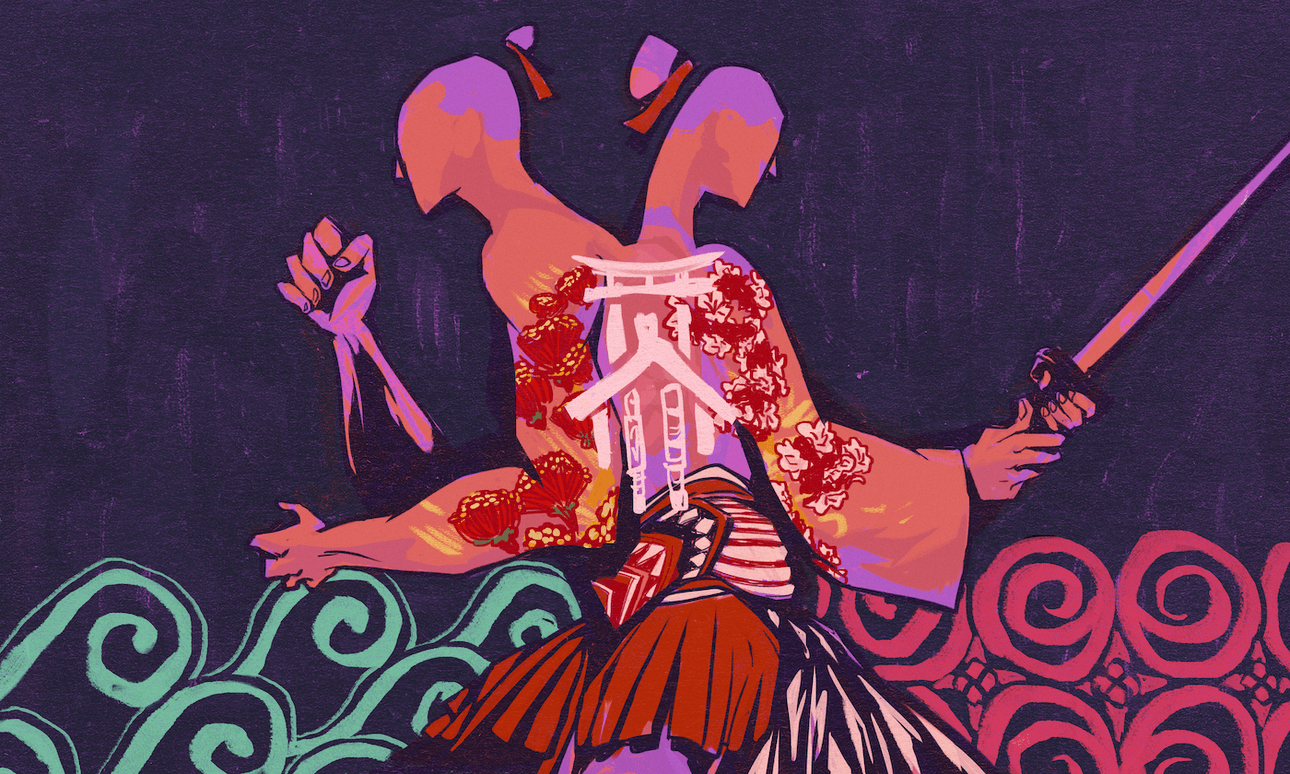As international student numbers inch back to pre-pandemic norms, what do those learners gain from coming to Aotearoa?
As the Covid-19 pandemic forced governments and individuals worldwide into a sustained state of higher caution, one of the most immediate and most impactful measures was the widespread shutdown of non-essential international travel. Now, with New Zealand’s borders reopened and with people far more willing to explore again, our international airport terminals have once again become busied with a blend of migrants, tourists and – to the relief of those in the education sector – international students.
For providers like Darren Conway, chair of English New Zealand and managing director of Languages International, it’s a desperately needed return. With 16 English language member schools spread across New Zealand’s major centres, English New Zealand provides student experiences that last from a few weeks to over a year.
Over an eight-week period through August and September, full-time student enrolment numbers increased 92% to 871. And while that’s a heartening sign for the sector, this is only a small part of what these international students contribute. Often taking residence in the busiest parts of our largest cities, they give life to an entire economy that includes local workforces and recreation and hospitality industries.
The students’ return will help to alleviate the challenges the sector has faced during the pandemic, Conway says. We are struggling to find enough accommodation – whether homestays or student residences and hostels. Clearly returning business will provide cash flow to enable us to recruit and train new staff, and will boost confidence for those considering working in or partnering with the industry.”
To be part of Aotearoa is to recognise that we are people of movement: the world travels to us, and we come from and go to the world. Lisa Futschek, general manager international at Education New Zealand Manapou ki te Ao (ENZ) – who in addition to her duties at ENZ has been a homestay host since her children were in primary school – has valued the mutual benefits of exchange for a long time.
“My family lived in Germany for five years. So when we returned to New Zealand, I wanted to be sure that my children would retain those language skills and maintain that connection to Germany.”
Every experience has been one of discovery for both Futschek and her guests: the novelty of our many cultures, the struggles of migrant communities, the delight of intercultural communication.
“It would be my aspiration that through student mobility not just into New Zealand, but also out, we can really cement our place in the world. Diplomacy, trade, environment, human rights—all of those areas are developed through people-to-people connections. That’s where it starts.”
One particular type of international study experience is particularly likely to help in the sector’s recovery: short-term stays of about three months. With Aotearoa competing with destinations like Australia, Canada, the United States, and the United Kingdom for students, these short-term, more affordable options make families more likely to sign up. Students are often visited at some point by their parents, and each new group that comes for a “taster” then goes on to become advocates for our country on their return home.
While excursions of a couple of weeks have until now been the norm in Japan, Tokyo Seitoku has pioneered term-long exchanges that fit in the Japanese school year without forcing students to disrupt their progress in the all-important curriculum.
Terumitsu Shigehara from Tokyo Seitoku, and Misa Kitoaka, ENZ’s Director of Education in Japan and translator, emphasise that those going on exchange are looking to “interact with local students and the host family, to really experience New Zealand’s cultural values of diversity and inclusion”. The program’s popularity has grown, from 17 students travelling in 2004 to a hundred just before the onset of the pandemic. Shun, a 15-year-old who has recently returned to Japan after a term of study at Tauranga Boys’ College, says he enjoyed his experience so much that he asked to transfer to the school permanently. It opened his horizons to international tertiary options, and that’s a pathway ENZ has seen many times as short-term stays lead to students returning to study at our polytechnics and universities.
Students come, stay, and return because of what they find here, says Futschek. “I can’t say that there are any of them whose experience matched exactly what they were anticipating. It was interesting to see those students flourish, and we noticed it at home.”
Shun says his teachers and peers gave him newfound freedom to express his own opinions as an individual, noting that “the baseline is that everyone was different”. Given the circumstances, learning came from conversation and the asking of meaningful questions to arrive at an answer.
It is precisely this emphasis on teaching problem solving that attracts students from other countries to come here. From the 28th of August to the 7th of September this year, Whanganui received a delegation of Italian students for a Digital Exchange Programme (DEP) hackathon.
Funded by the Italian Ministry of Education and with goals based on the 2030 Agenda for Sustainable Development, 50 students from Italy and Aotearoa split into teams and collaborated on key concerns, shared experiences, and their own abilities to tackle both global problems and adapt solutions to bring back home. The focus was the rights of nature, centred around the legal personhood of the Whanganui river and the implementation of kaitiakitanga.
“Many students from places like the United States, have a genuine academic interest in how relationships with indigenous people in New Zealand have evolved over time,” says Futschek. And there are other resonances: Shun recalls watching the Tauranga rugby team’s haka and feeling the ground shaking beneath his feet, jolted by its similarity to the “warrior spirit” and discipline of Kendo. Misa adds that Japanese students find Māori culture so interesting because of increasing interest in the indigenous Ainu people of northern Japan, and Japanese Shintoism highlighting a strong connection to the land and the presence of gods in nature.
“Exchange”, then, is probably not an adequate word for what these students do in Aotearoa. They build something with us here, making connections and illuminating – and challenging – our own values.
Despite his positivity towards the education he received here – and his enthusiasm for seeking further education, Shun “doesn’t have a specific occupation in mind at the moment,” Kitoaka translates, “but he has a clear image of who he wants to be – someone who people want to work with, who others want to be around.”
But while he’s not entirely sure of his future, he knows that Aotearoa will be a part of it. For Shun, an exchange gave him an experience far greater than a purely educational one, and it’s those values of community, connection and shared culture that will ultimately bring him back.


